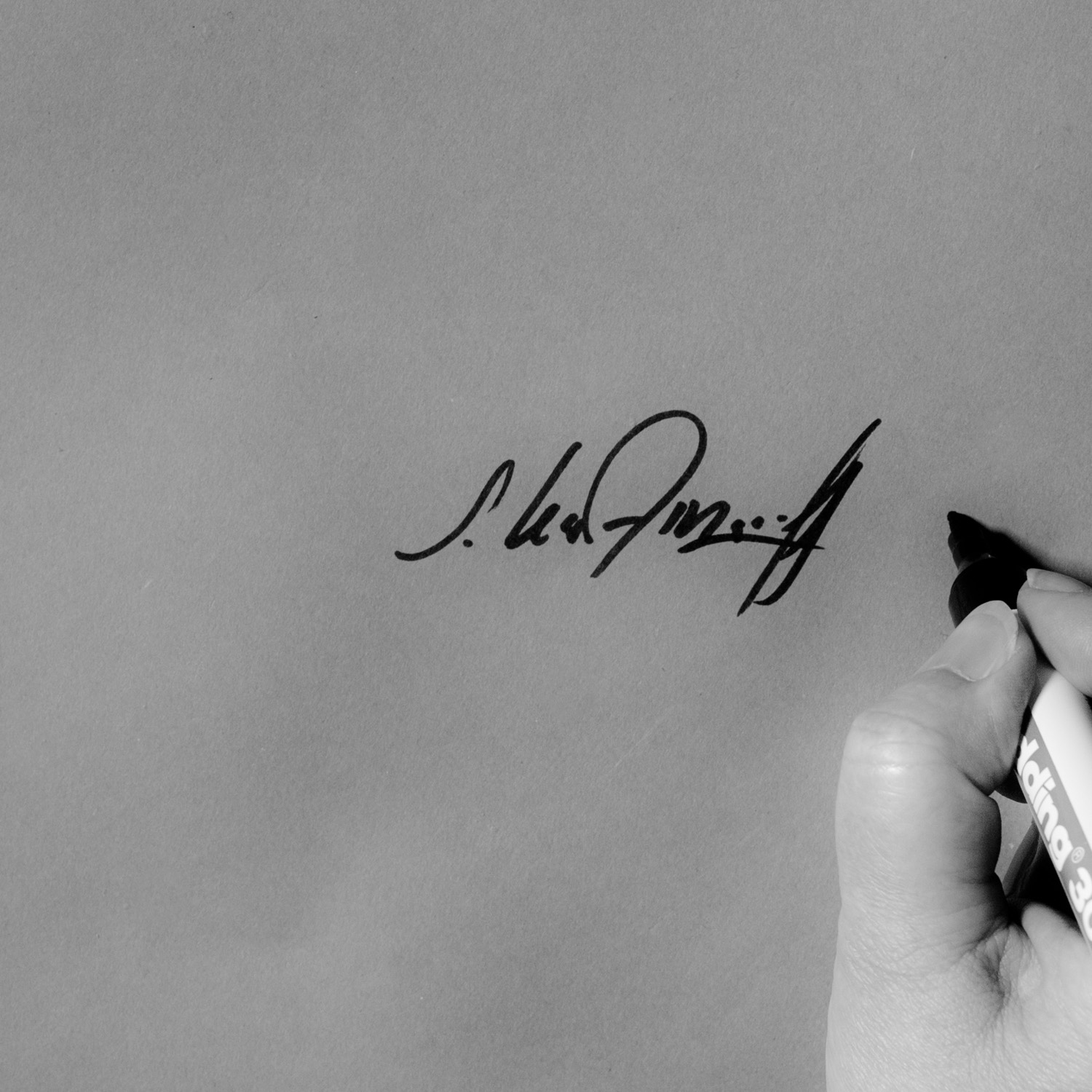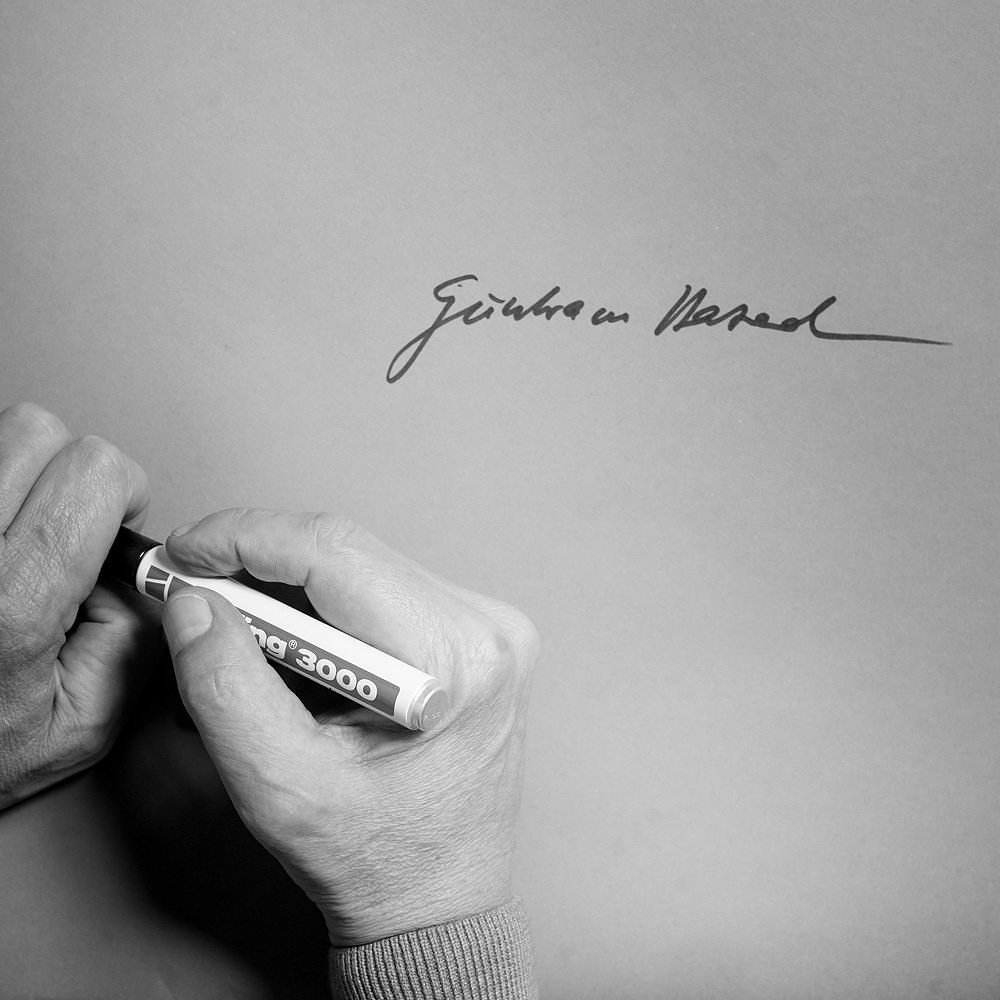Issue 10 / January 2015
At First
by Katharina Wiedemann
Ten months is the duration of an academic year for Fellows of the Wissenschaftskolleg – ten months in which they get to know each other’s various personal and other facets. Many of these facets are revealed in the portraits of some of this year’s Fellows, the texts by and large elaborating an outsider’s perspective, for all but one of the pieces have been composed by professional journalists.
This collection of portraits in both word and image is representative of the diverse personalities and scholarly themes once more to be found among this year’s crop of Fellows at the Wissenschaftskolleg, whose “incandescent inner voice” (Sibylle Lewitscharoff) throws off those intellectual sparks which make the Kolleg a hothouse for new and innovative thinking. I trust that you the reader will feel a similar heat coming off these texts.
Sianne Ngai – gracing our cover – is a professor of English at Stanford University. Her research on contemporary culture has spawned entirely new aesthetic categories, for instance “cute” and “zany.” And she describes the tight nexus of such words with changes in consumer culture, namely the rise of manufacturing gimmicks.
Paul Schmid-Hempel, evolutionary biologist at the ETH Zurich and a Permanent Fellow of the Wissenschaftskolleg, has devoted his career to researching parasites and the significant role they play in the history of evolution.
Tsering Gyalpo is a religious scholar in Lhasa; Weirong Shen is a Tibetologist in Beijing; and Guntram Hazod is a social anthropologist in Vienna. Together they constitute the focus group Tibetan Genealogies and undertake research in this field using the various tools available to them through their respective backgrounds.
Michel Chion is triple threat – researcher of sounds, scholar of films, and a composer. He writes about Stanley Kubrick and Jacques Tati, composes pieces that can be classified as musique concrète and, as brought to light in our portrait of him, is ever returning to the relationship between sound, voice and image.
David Halperin’s books on conceptual history and the history of homosexuality betray the fact that he began his academic career as a Greek scholar. His agenda is to free the concept of eros from the modern era’s focus on sexuality.
And lastly, Sibylle Lewitscharoff has used her year at the Wissenschaftskolleg to work on her next novel Pfingstwunder (Pentecostal Wonder). Her text conveys the sentiment that the Kolleg suits her so well, in large part, because there are such wondrous happenings afoot.
All of the portraits in this magazine – as well as information on all the Fellows and their research projects – can be found in both German and English at the Wissenschaftskolleg website: wiko-berlin.de/wikothek.





